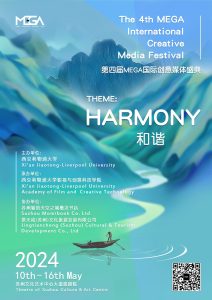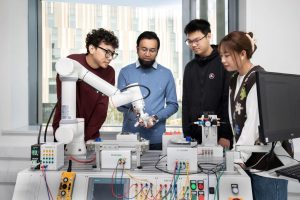October 18, 2017
Classical Chinese, also known as Literary Chinese, is the language of classic literature used for more than 2,000 years in China. These days many people have difficulty in understanding articles written in classical Chinese.
So how can the study of classical Chinese be made easier and how can classical Chinese be understood?
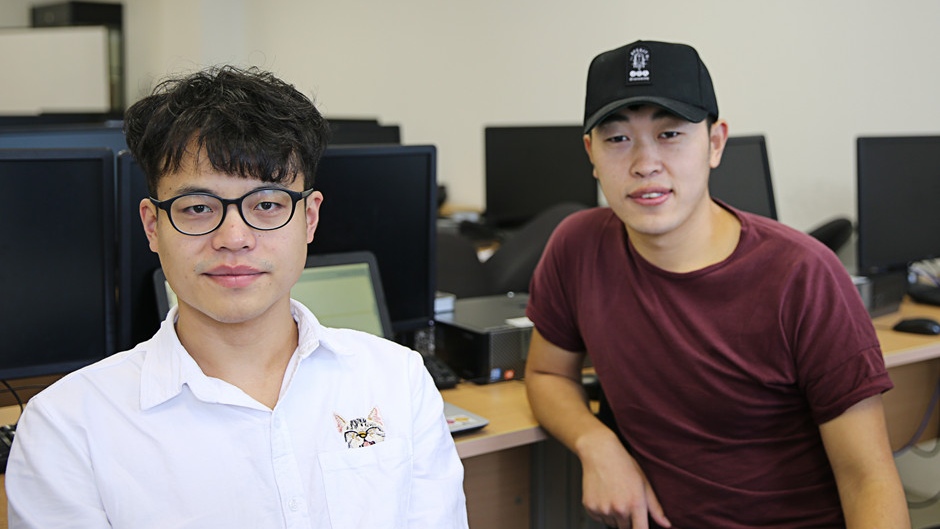
A student team from Xi’an Jiaotong-Liverpool University, including Haixu Wu (pictured above left), postgraduate student studying MRes Computer Science programme, Jun Chen (pictured above right), Year Four student studying BEng Computer Science and Technology programme and Xiaodong Ye (pictured below), Year Two student studying BEng Electrical Engineering programme, developed software which can translate classical Chinese to modern Chinese automatically and help readers to understand classical Chinese faster.
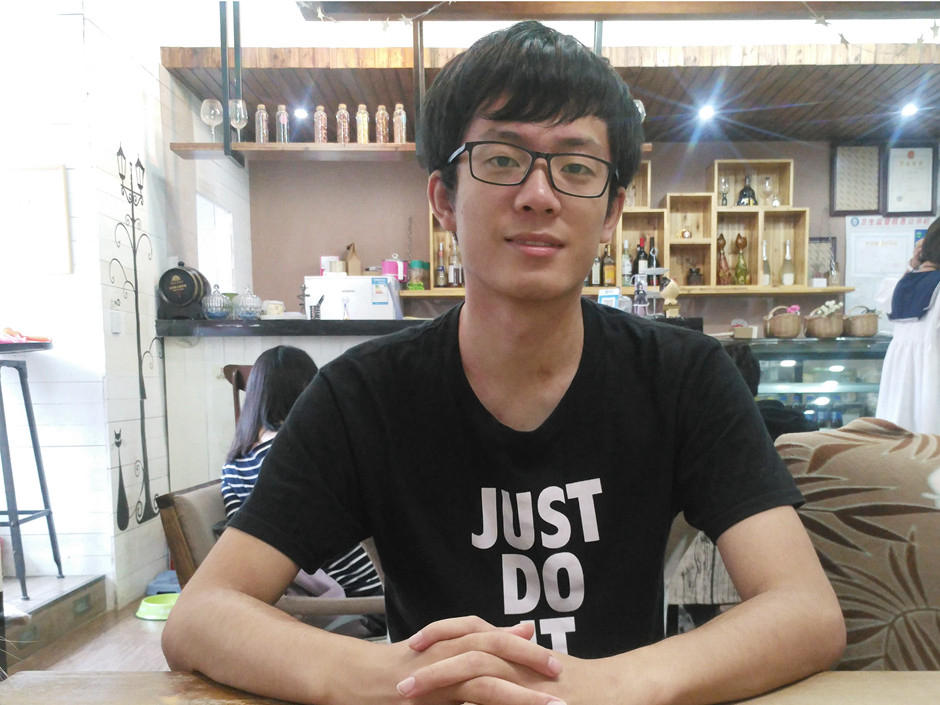
Haixu Wu loves traditional Chinese culture and classical Chinese. When he was preparing for his final year project, he came up with the idea of combining his programme with classical Chinese. Using artificial intelligence to work with classical Chinese he made understanding classical Chinese more possible. He then thought of the possibility of programing the translation software.
Dr Bailing Zhang from the Department of Computer Science and Software Engineering said: "This research is unprecedented in the academic circle, regardless of whether Haixu can complete this software, this idea is to be encouraged. What is important about this research is that students can learn and make progress in the whole process. "
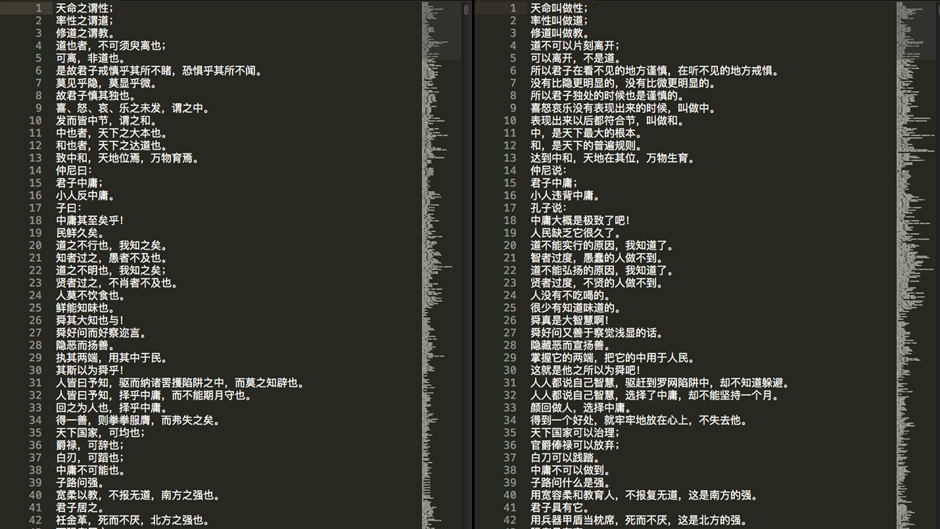
"Baidu translation already has a classical Chinese translation product in the commercial field, however, it still makes us feel very proud for being the academic pioneer," Jun Chen said.
"This is also the first time that I have been involved in a formal research project and the most important outcome is not our achievement, but the new knowledge and technology we have learned to use in this process together with the spirit of constantly trying new things.
For the next stage in the research, Haixu added: “I hope to make improvements in word embedding and proper noun recognition to make the translation even more accurate.”
Dr Bailing Zhang has great expectations of this research and hopes that this project will be retained as a university-level research project in the future and attract more students to join in making the research progress in being more informed.
translation by Yanzi Wu, edited by Guojuan Wang & Jacqueline Bánki
October 18, 2017
RELATED NEWS
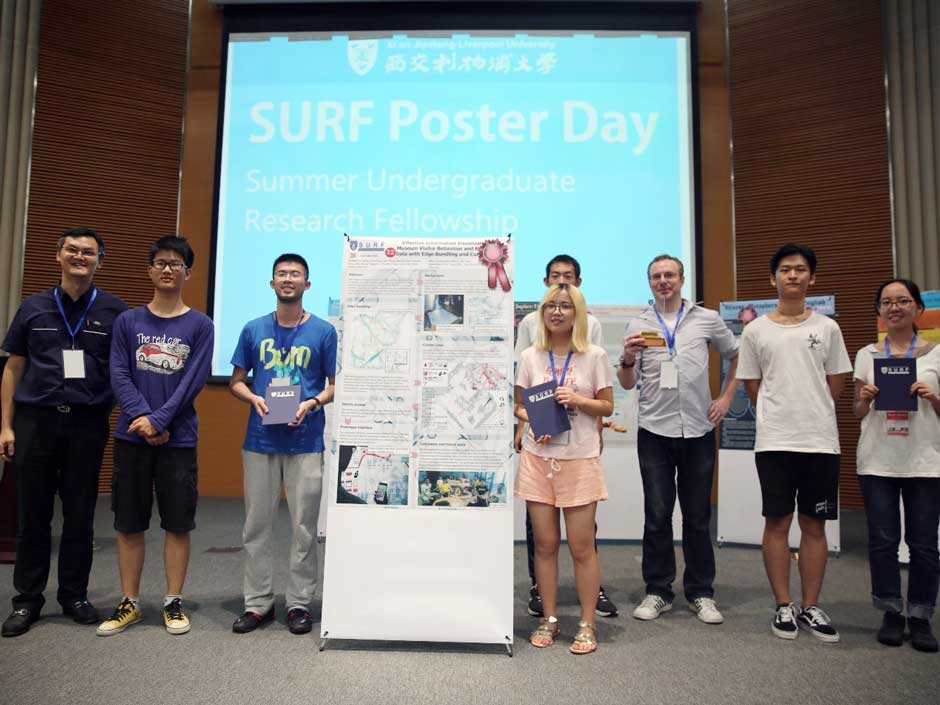
Creative research highlighted at SURF poster day
The 2017 Summer Undergraduate Research Fellowship (SURF) Poster Day was held at Xi’an Jiaotong-Liverpool University with more than 160 undergraduate students...
Learn more
